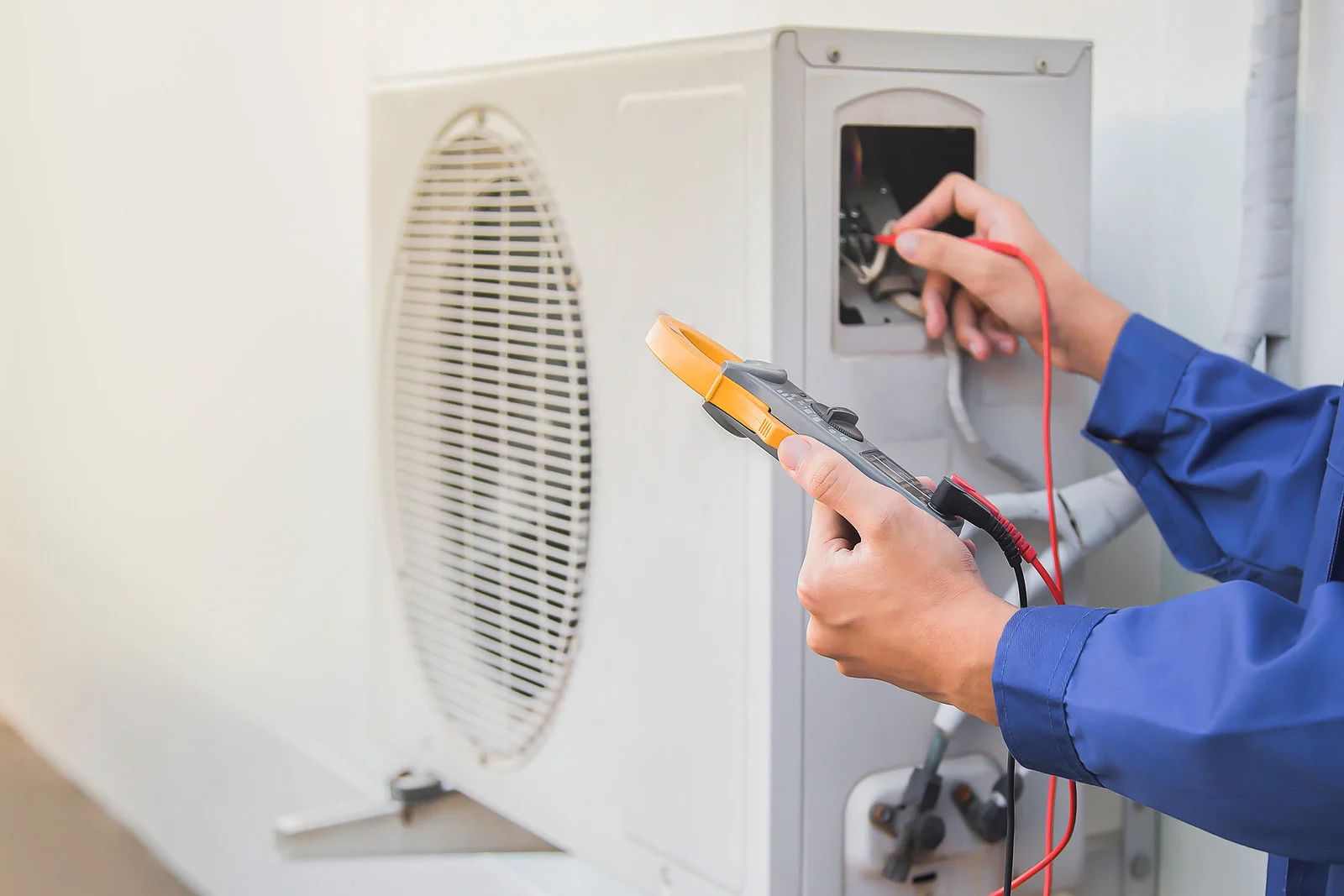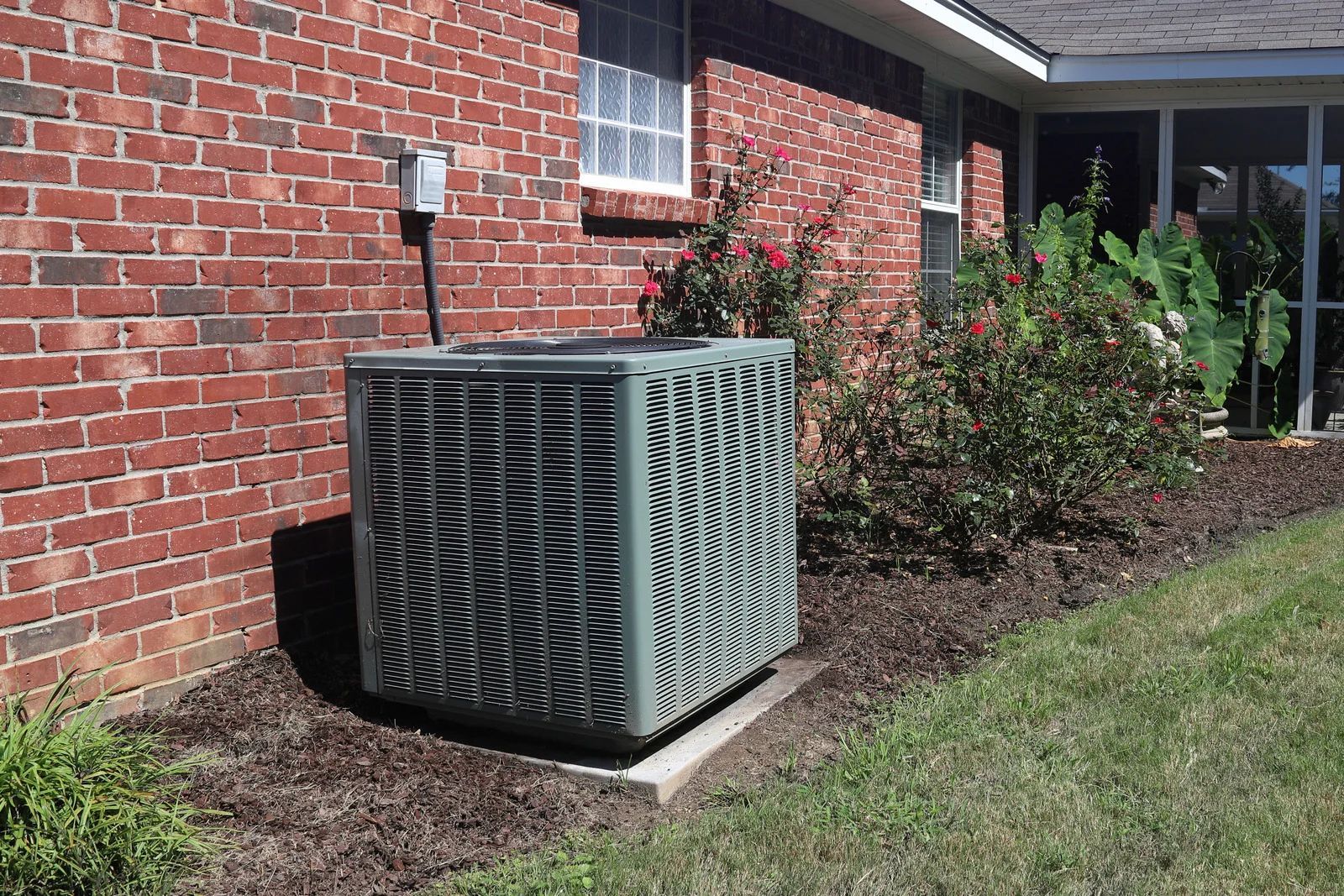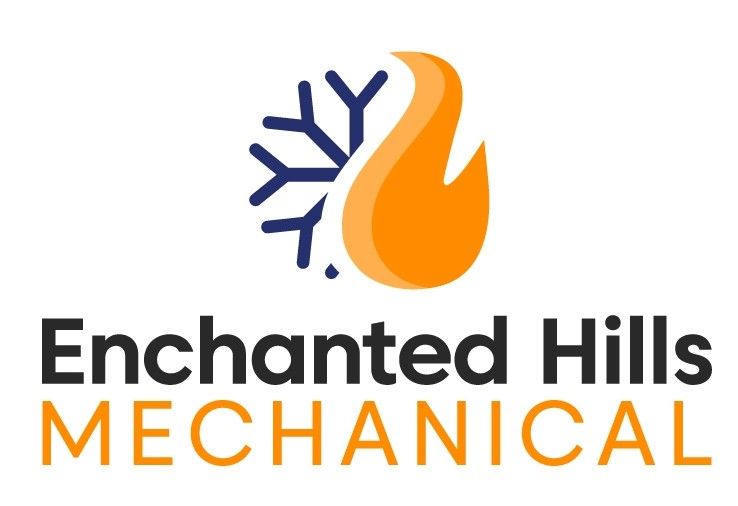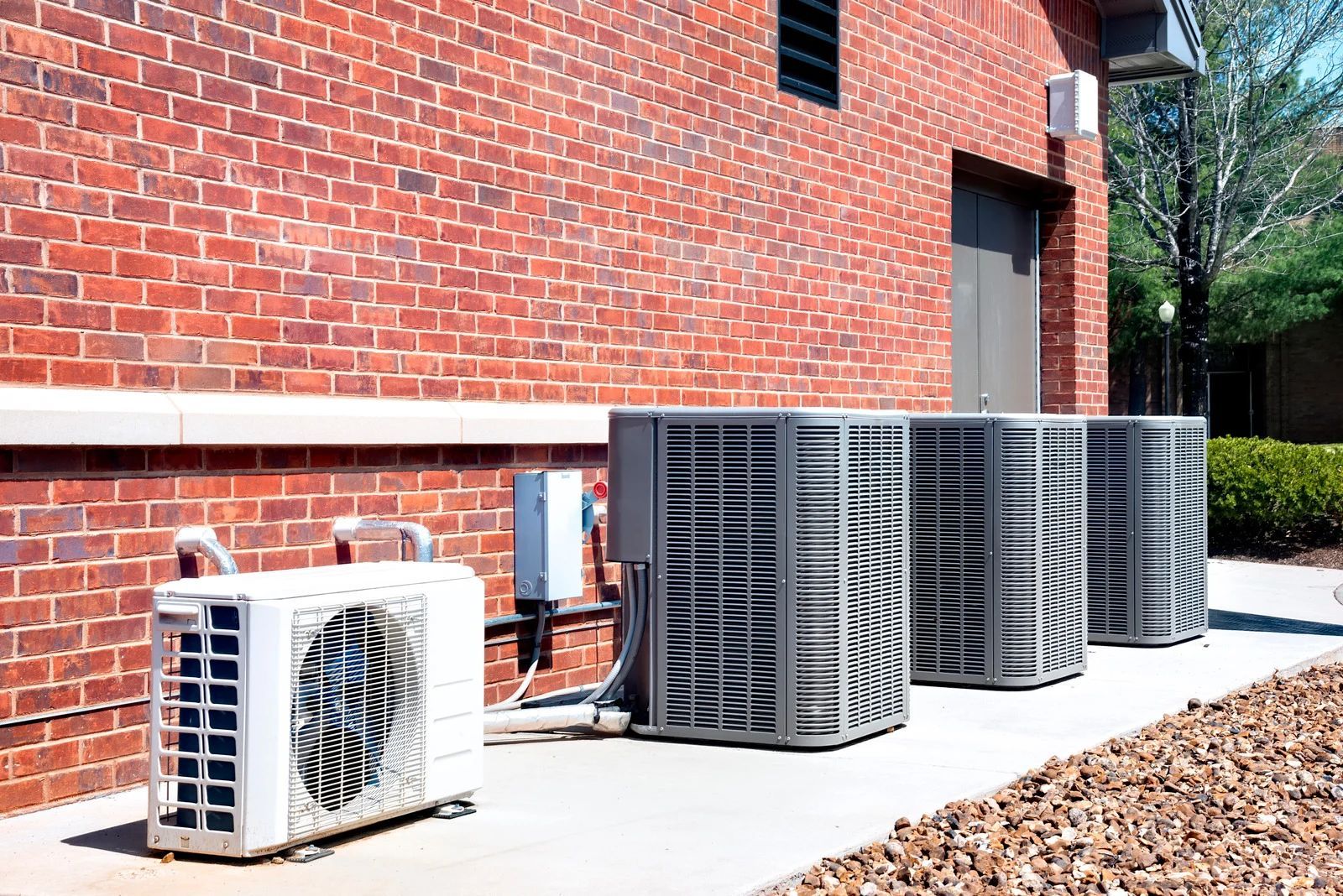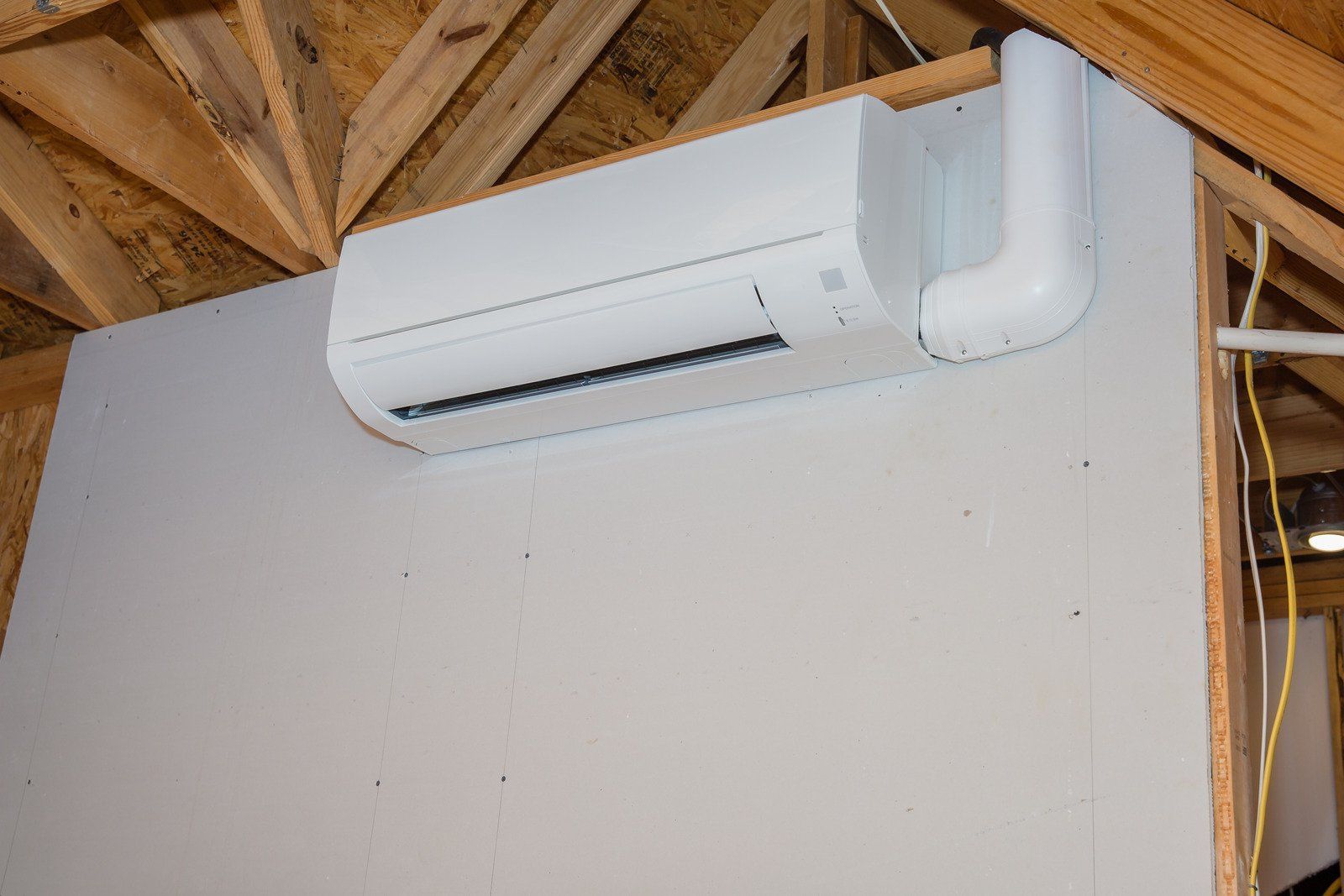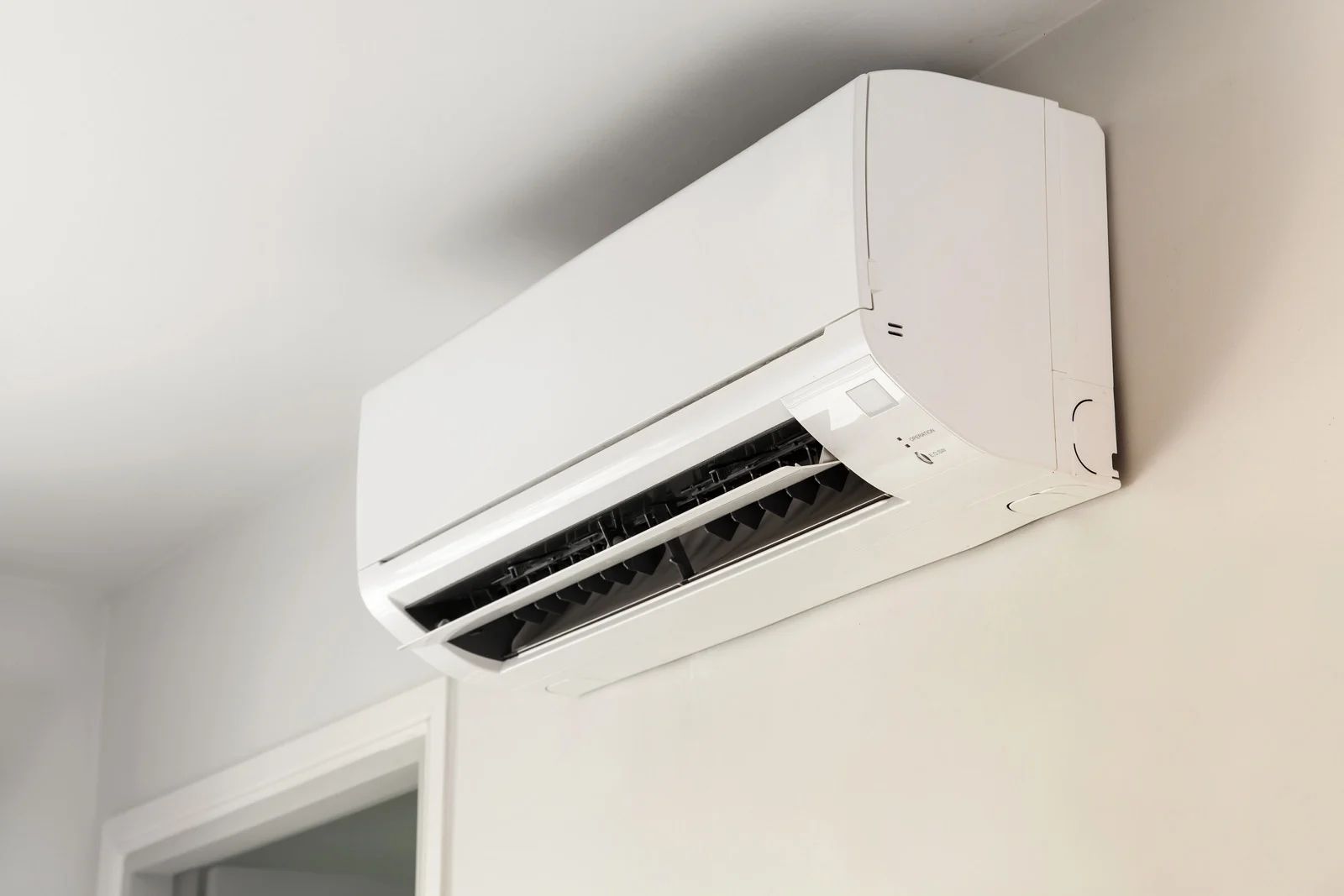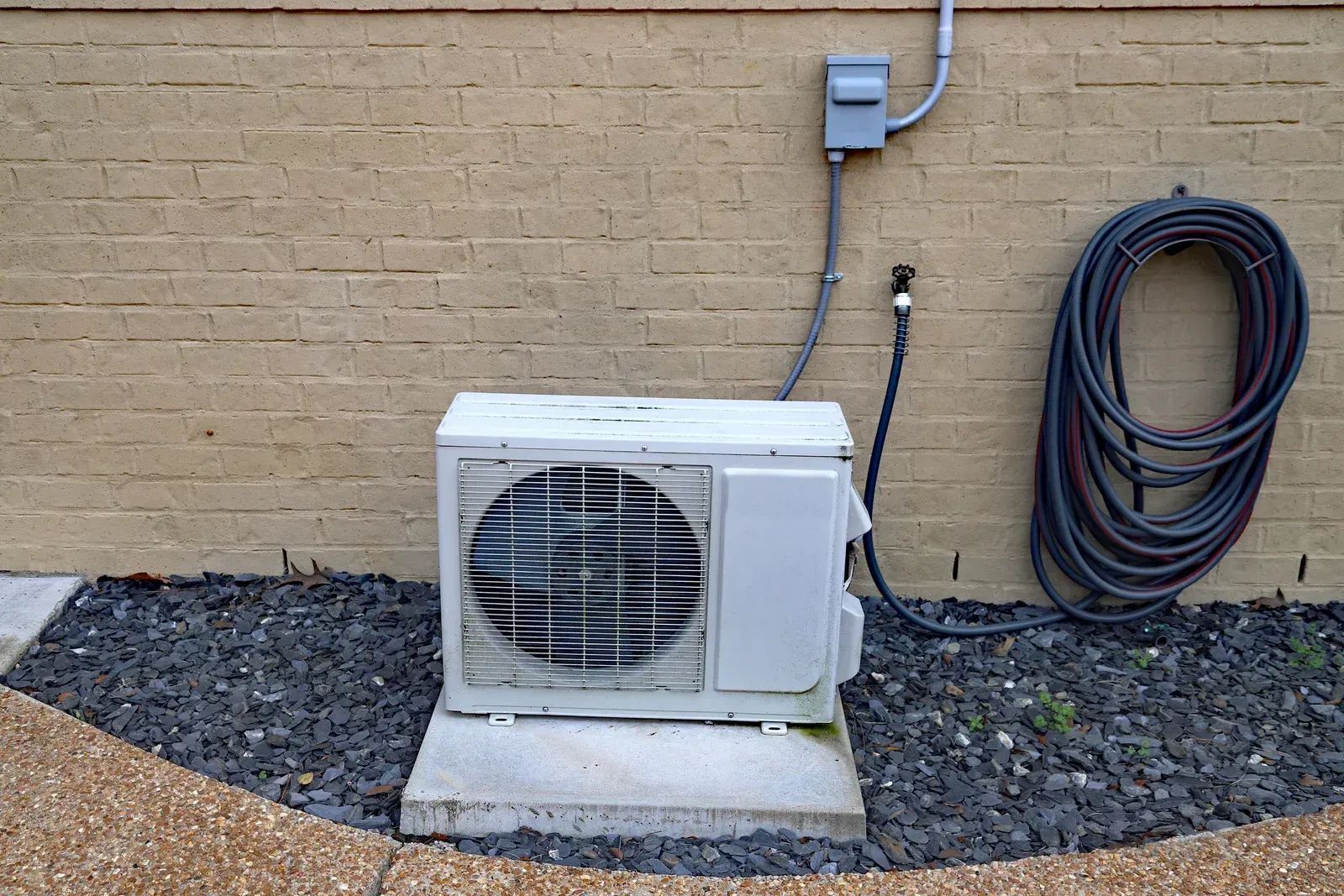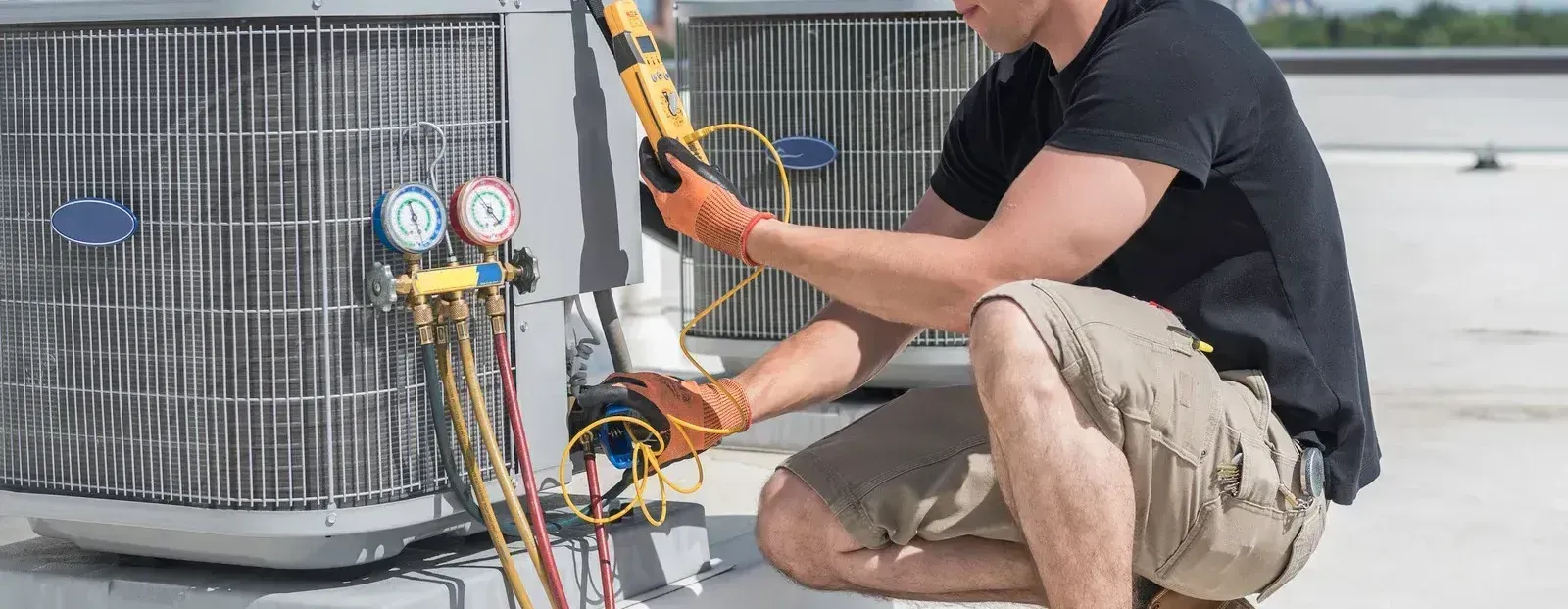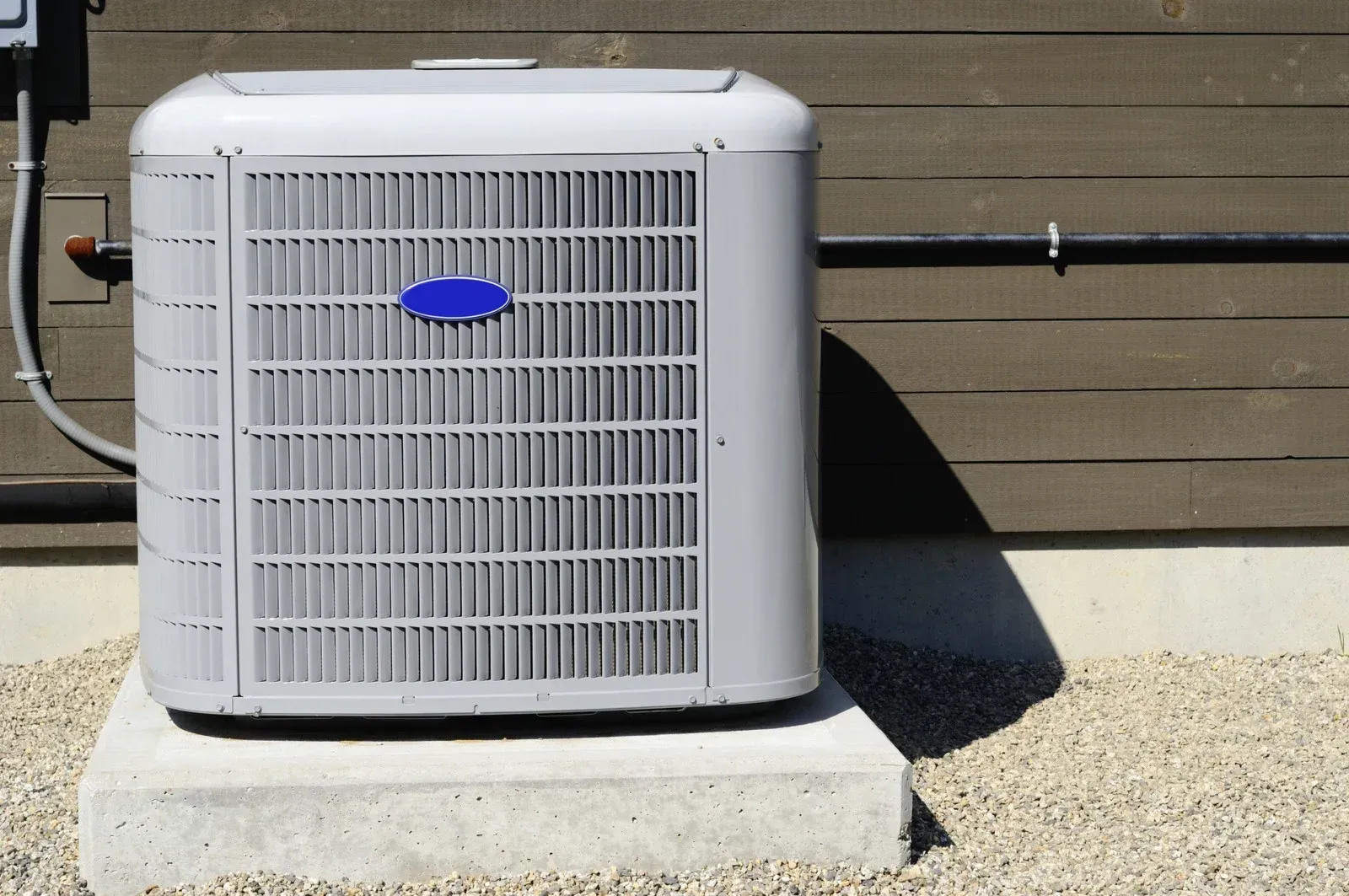Residential vs. Commercial HVAC Systems: What’s the Difference?
Heating, ventilation, and air conditioning (HVAC) systems play a vital role in maintaining comfortable indoor environments. Whether it’s a cozy home or a bustling office building, HVAC systems ensure proper temperature control and air quality. However, residential and commercial HVAC systems are designed with different needs and challenges in mind. Understanding the key differences between these systems can help homeowners and business owners make informed decisions about installation, maintenance, and repairs. In this article, we’ll explore the differences between residential and commercial HVAC systems, highlighting key factors such as design, scale, complexity, and cost.
Design and Scale
Residential HVAC systems are typically smaller and designed to service single-family homes or apartments. These systems are built for comfort and efficiency, focusing on providing heating and cooling to relatively limited square footage. Most residential units consist of a furnace or heat pump, an air conditioner, ductwork, and a thermostat.
In contrast, commercial HVAC systems are larger and more complex to accommodate bigger spaces such as offices, retail stores, schools, and industrial facilities. These systems often involve multiple zones, advanced controls, and high-capacity equipment to ensure consistent climate control across large or multi-story buildings.
Complexity and Customization
Commercial HVAC systems are generally more sophisticated, involving custom engineering to meet the specific needs of the building’s layout, usage, and occupancy. For example, they may include rooftop units, variable air volume (VAV) systems, chillers, and cooling towers. Additionally, commercial HVAC systems often integrate with building automation systems for energy efficiency and centralized control.
Residential HVAC systems, by comparison, tend to be more standardized and easier to install. While some homes may have zoned heating or smart thermostats, these systems are usually less complex and require simpler maintenance.
Energy Consumption and Cost
Due to their size and scope, commercial HVAC systems consume significantly more energy than residential units. As a result, commercial systems often incorporate energy-saving technologies, such as economizers, variable-speed drives, and heat recovery ventilators.
From a cost perspective, commercial HVAC installations are typically more expensive upfront, with longer installation timelines and more rigorous maintenance schedules. Residential systems, while more affordable, still require regular maintenance to perform efficiently and extend their lifespan.
Maintenance and Service Requirements
Because commercial HVAC systems operate on a larger scale and have more complex components, they require specialized technicians for installation, repairs, and preventive maintenance. Regular inspections are crucial for preventing costly downtime and maintaining optimal indoor air quality for occupants.
Residential HVAC maintenance is more straightforward and often performed by general HVAC contractors or service providers. Homeowners should schedule routine checkups, clean filters, and promptly address issues to maintain optimal performance.
Trust Enchanted Hills Mechanical
for Your HVAC Needs
When it comes to choosing the right HVAC system or service, understanding the differences between residential and commercial systems is just the beginning. Enchanted Hills Mechanical, based in Rio Rancho, New Mexico, brings over 15 years of experience as a trusted HVAC contractor. Whether you need expert installation, maintenance, or repair services for your home or business, our knowledgeable team is here to help. We specialize in customized solutions that meet your specific needs, ensuring comfort, efficiency, and reliability. Contact us today for all your HVAC requirements and experience the difference that expertise and dedication make!
